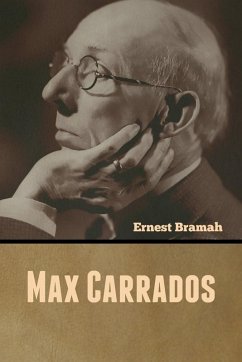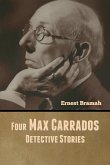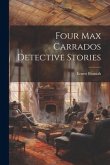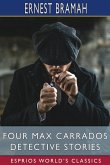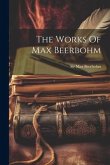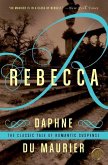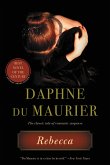Max Carrados is a fictional blind detective in a series of mystery stories and books by Ernest Bramah, first published in 1914. The Max Carrados stories appeared alongside Sherlock Holmes stories in the Strand Magazine. Bramah was often billed above Arthur Conan Doyle, and the Carrados stories frequently outsold the Holmes stories at the time, even if they failed to achieve the same longevity. George Orwell wrote that, together with those of Doyle and R. Austin Freeman, Max Carrados and The Eyes of Max Carrados "are the only detective stories since Poe that are worth re-reading." (wikipedia.org)
Hinweis: Dieser Artikel kann nur an eine deutsche Lieferadresse ausgeliefert werden.
Hinweis: Dieser Artikel kann nur an eine deutsche Lieferadresse ausgeliefert werden.

